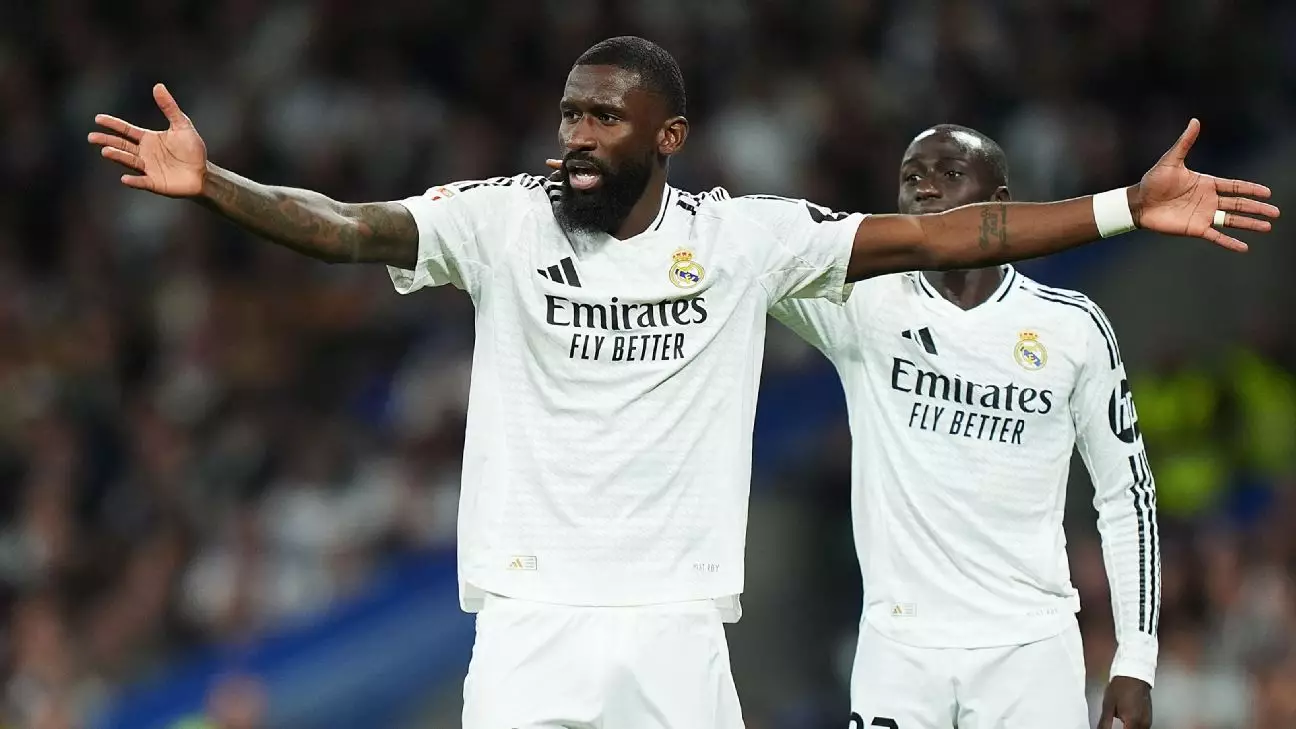As teams gear up for the next UEFA Champions League fixtures, player fitness and availability become pivotal to their tactical setups and overall performance. Clubs must contend with various injuries, suspensions, and last-minute fitness tests, leading to significant strategic adjustments. In this article, we delve into the latest updates on player availability, the impact of key absences, and the strategies that coaches may employ to overcome these challenges.
Analyzing Key Injuries Across Teams
Injuries have become a theme in this season’s Champions League, affecting several squads profoundly. For instance, clubs like PSG and Juventus are witnessing critical gaps in their defensive and midfield lines. Paris Saint-Germain faces the absence of Warren Zaïre-Emery due to an ankle injury, which poses a challenge to their midfield strength as they face Brest. Juve’s defensive strategy has been compromised with the unavailability of Gleison Bremer and Juan Cabal, who are out with knee injuries, jeopardizing their chances against PSV Eindhoven.
These injuries highlight an ongoing season-long problem for several teams where depth in squad rotation will be tested. Clubs find themselves in situations requiring substitutes to step up, which can lead to unexpected upsets on match day. Hence, it is imperative for managers to evaluate their squad depth continuously and draw upon lesser-utilized players who might be able to fill in crucial roles in such scenarios.
Aside from physical injuries, suspensions serve as another barrier to fielding optimal lineups. Morten Hjulmand of Sporting CP faces suspension, leaving a gap that could disrupt their flow against Borussia Dortmund. When a player isn’t just out due to injury but also suspended, it forces coaches to reconsider their formations and possibly shift game plans entirely.
For teams like AS Monaco, where Christian Mawissa is suspended, there’s an urgent requirement to recalibrate defensive strategies. Such absences emphasize the importance of discipline among players as well as the impact a single match can have on a team’s wider chances in the tournament.
Effective squad rotation often emerges as a necessary strategy for success in high-stakes environments like the Champions League. Coaches will need to leverage their entire squad to mitigate injury impact. Clubs such as Manchester City, facing potential fitness issues with Nathan Aké and Ederson, must be proactive in identifying replacements among their bench.
Utilizing deeper squad resources not only enables clubs to keep competitive during busy schedules but also protects frontline stars from burnout. Manchester’s reliance on players like Ederson is substantial; hence, the potential for rotation within their ranks is critical. This can lead to discovering new tactical formations or player synergies that could redefine their approach ahead of crucial matches.
Aside from club-level challenges, international fixtures can also exacerbate injury concerns. Players returning from national duty often bring fatigue or minor injuries, complicating manager decisions ahead of crucial fixtures. Real Madrid, for instance, fields several players returning from international breaks, with the well-being of those athletes directly affecting how competitive they can be against tough opponents such as Manchester City.
Moreover, clubs need to invest in medical and performance teams to monitor the condition of players closely. Real-time fitness assessments can offer invaluable insights and help managers make informed decisions about who to start and who may require rest after a grueling stretch of matches.
As the UEFA Champions League progresses, navigating the complexities of player injuries and suspensions will undoubtedly shape the tournament’s outlook. With critical players missing or uncertain for upcoming matches, teams are forced to adapt swiftly. Strategic depth in squad rotation and a focus on injury management will be essential for clubs aiming to advance through the knockout stages.
Ultimately, the unpredictability of player fitness can serve as a double-edged sword, yielding both opportunities for emerging talents while posing significant challenges for star players and established formations. Managers need to stay vigilant as they prepare their teams for the battles ahead, ensuring every member is ready to contribute to their Champions League aspirations.

